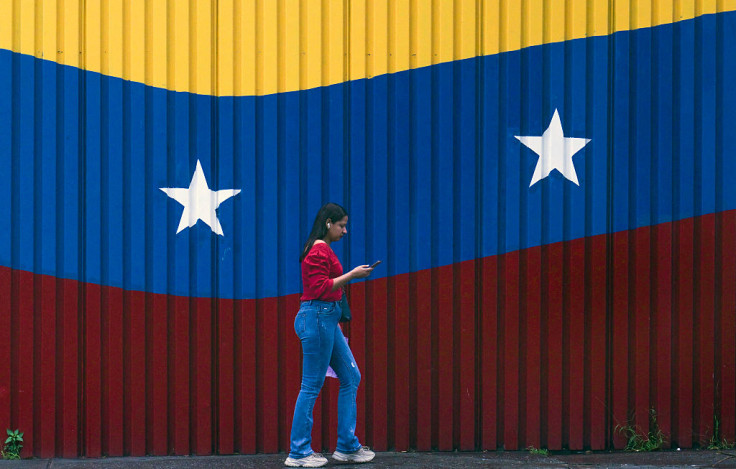
In early November, Temporary Protected Status (TPS) expired for hundreds of thousands of Venezuelans, leaving many in limbo and forcing some to rebuild their lives elsewhere.
For decades, individuals protected under TPS have been able to legally work, study and build their lives in the United States. Now, many Venezuelans find themselves at a crossroads, forced to decide whether to start over elsewhere or remain in the country and risk being deported under the Trump administration's stricter and more aggressive immigration policies.
Through interviews with Venezuelan migrants and immigration experts, a recent investigation by The Washington Post highlighted how the expiration of TPS has upended the lives of those who once relied on its protections.
The outlet highlighted the story of Carlos Rodríguez, a Venezuelan who fled his country in 2018 and had spent six years in Miami. During that time, he made a down payment on a small house, adopted a dog and was preparing to propose to his girlfriend.
But when TPS designations for Venezuela expired on Nov. 7, Rodríguez's life was turned upside down.
The next day, with no legal status to remain in the United States, he made the difficult decision to move. He entrusted his dog to neighbors, ended his two-year relationship and booked a flight to Spain.
"Not because I want to," Rodríguez said. "But because I'm being forced out, again," he told The Washington Post.
People like Rodríguez, who have spent years in the United States under TPS, now face expired passports with no embassy able to renew them. The only country that would accept them with these documents is Venezuela, a nation the U.S. government has warned against traveling to due to widespread insecurity and ongoing political instability.
John De La Vega, an immigration attorney based in Florida said the Trump administration's decision to cancel TPS has been contradictory.
"On one hand, the government is telling citizens to leave Venezuela immediately and to not travel there, but on the other it's saying that it will take away TPS because there are opportunities there," he said. "It just doesn't make sense and really shook up people here."
According to De La Vega, he suspects that the majority of Venezuelans will attempt to remain in the U.S., as his office has seen an uptick on calls and requests for help.
"People are anxious, but they're also looking for lawyers because they truly cannot return to their country," he said. "People are willing and trying to find alternatives to stay in the U.S. — where they have built their lives and have spent many years already — instead of returning to a place with all-time-high tensions. I mean, who wants to go back there now?"
The city of Orlando has been one of the hardest hit. A woman named María, who spoke to The Washington Post under partial anonymity, described the city as a "city of farewells" because of the many invitations she has received to say goodbye to people who have either left the United States or been detained and deported.
"I don't know how to explain it," she said. "It's this heavy environment where people feel like they have to leave because there's no hope."
According to María, her best friend recently fled to Europe, leaving before she could manage to sell her home. She also recounted the closure of a restaurant owned by an acquaintance who had also left the country.
"It's been a year of absolute despair," María said.
© 2025 Latin Times. All rights reserved. Do not reproduce without permission.








